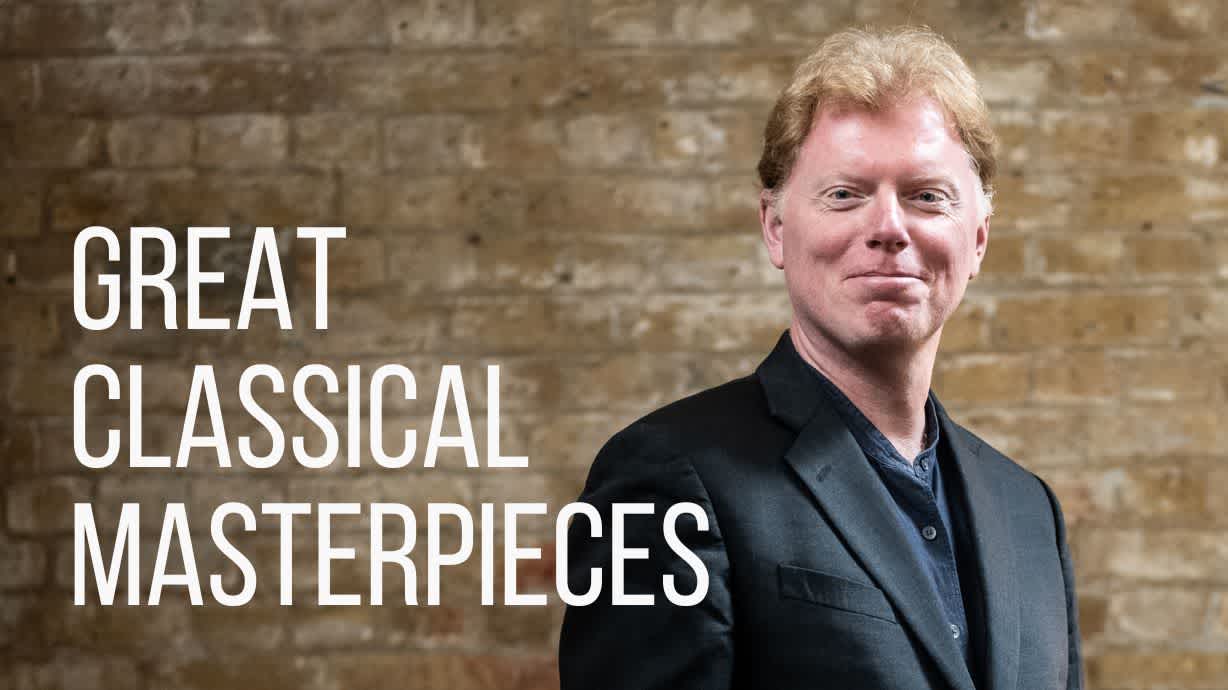Saturday, March 8th, 2025, 7:30 PMGreat Classical Masterpieces

Tickets: £12.00, students/under 18s £6.00
Not three but four masterpieces tonight! Schumann’s piano concerto; Beethoven’s second symphony; Mozart’s overture to Cosi fan tutte; and the added bonus of Delius’s “On hearing the first cuckoo in spring”.
We begin with Mozart’s overture to his opera “Cosi fan tutte”. The title is almost impossible to translate being typically rendered in English as “women are like that” — but whatever the meaning, it’s a terrific piece of music which can’t help but lift the spirits. We hear the music from the full opera that accompanies Don Alfonso’s proclamation “Cosi fan tutte!” twice; firstly at the bridge from the opening Andante into the Presto; and then again near the end of the overture. Full of Mozart’s usual brio, brimming with energy as well as being fun, fast, lively, and with plenty of gorgeous syncopated contrasts, his tunes make full use of the treble end of our orchestra with flutes, oboes, clarinets and violins all given their chance to shine.
Sir Thomas Beecham said of our next piece — Delius’s tone poem “On hearing the first cuckoo in spring” that it touched perfection, whilst Christopher Palmer commented that Delius has created "a gently persistent liquefaction of harmony”, and I’m sure that most will agree with Lionel Carley that it evokes an essentially English setting even though the tunes may originate in Norway. Roll on Spring!
We are delighted to welcome Tim Horton back as our soloist tonight. A founder member of Ensemble 360 — the group of outstanding professional musicians based in Sheffield — Tim is one of the UK’s leading pianists, equally at home in solo and chamber repertoire and he will need little further introduction to Sheffield concertgoers. Check his website for more about this gifted pianist about whom Arts Desk writes “Tim Horton’s unaffected, heartfelt playing is perfectly judged.”
Tonight he is joining us for a real treat — Robert Schumann’s Piano Concerto — which expresses the yearning and happiness between two people who are in love. The opening melody begins CHAA; a rendering of “Clara”, his wife to be and the love of his life. Wonderfully crafted with great love and care, this piece gives room to the orchestra without diminishing the role of the piano, and manages to link beautifully both independent parts together.
Beethoven finished composing his second symphony in 1802 when he was starting to go beyond the established classical music conventions of his time and beginning to write with a bolder more individual voice; from this point on his works increasingly grapple with human themes such as struggle, assertion or celebration.
In place of the standard minuet he included a scherzo, giving the composition an even greater scope and energy. The scherzo and the finale are filled with Beethovenian musical jokes, which shocked the sensibilities of many contemporary critics. One commented that it was "a hideously writhing, wounded dragon that refuses to die, but writhing in its last agonies and, in the fourth movement, bleeding to death.” Almost no-one would agree with that today, indeed fans of this symphony point you to the rich melodic themes in the slow 2nd movement and wax lyrical about the energetic dancing scherzo.
The full programme for the evening is: –
Mozart: Overture 'Cosi fan tutte'
Delius: On hearing the first cuckoo in Spring
Schumann: Piano Concerto
INTERVAL
Beethoven: Symphony No. 2 in D, Op. 36
Click here for more information about how to get to the venue